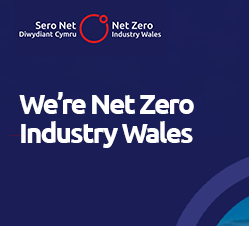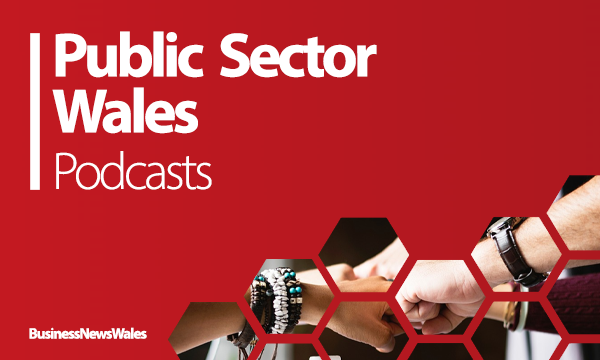
The public in Wales want government to prioritise improvements to health, skills and infrastructure to drive future economic growth, according to a new report published by Deloitte.
The State of the State 2025 is an annual report published by Deloitte and the independent think tank, Reform, which captures views on the public sector from the people who use it and the people who run it.
The annual poll on public priorities found that for the third year running, the state of the NHS and the cost of living crisis were the Welsh public’s top concerns, both mentioned by 75% of people surveyed, with social care for the elderly and vulnerable adults (48%) the next most commonly cited concern.
Looking at the Welsh’s public’s priorities for improvement, jobs and the economy (47%), and the provision of affordable housing (43%) were the two highest choices. Among the biggest jumps was infrastructure, such as roads, railways and broadband, which at 42% was up 6 percentage points.
When asked what they see as the biggest potential drivers of future growth, the three top answers in Wales were improving the nation’s health (45%), improving the nation’s education and skills (44%), and investing more in infrastructure, such as transport (39%).
The research also found that people in Wales are generally pessimistic about some of the issues they most want to see improved, with 75% of those surveyed expecting the NHS to get worse or stay the same and 74% having similar views on infrastructure.
Council chief executives interviewed said government’s infrastructure spending would be key to future growth. However, other public sector leaders referenced the emerging successes in Welsh transport infrastructure, noting that this has been driven by clarity of vision and strong partnership working.
The survey asked what the public see as the biggest challenges to public services in the years ahead. By some margin, the most common answer was lack of funding (66%), suggesting widespread understanding about the strain on the public finances, while 55% of people mentioned the risk of people losing trust in public services.
The survey found that while trust in the Welsh Government is relatively stable and it remains more trusted to deliver than the UK, Scotland and Northern Ireland governments, 63% of those surveyed had low trust in its ability to deliver major projects on time and on budget, or to deliver the outcomes the public want (61%).
When asked if they would prefer higher public spending or lower taxes, members of the public in Wales were split, with 31% wanting higher taxes and spending, and 37% favouring lower taxes and spending. However, 47% of the public said they expect higher taxes and spending in the future regardless.
Deloitte’s interviews with public sector leaders in Wales also revealed far reaching ambitions for the next ten years, including making interactions with government frictionless for citizens by using new technology; better collective working to deliver public services; place-based thinking to improve integrated transport and new access to health services; and for government decision-making to be rooted in the long-term interest, with commercial considerations taken into account.
Dave Tansley, Deloitte practice senior partner for the South West and Wales, said:
“The State of the State 2025 report shows the Welsh public remain concerned about the cost of living and the NHS. But our survey also found heightened interest in the state of infrastructure compared to other parts of the UK, indicating the public recognises the need for connectivity as fundamental to Wales’s economic success and a driver of future growth.
“Investing in infrastructure has direct benefits in terms of job creation, housing, roads, and rail, but the utility of that infrastructure is what enables the investment needed to create a more resilient economy for the long term.
“This desire for investment comes at a time of challenge and constrained public spending for both the UK and Welsh Governments, and with the 2026 Senedd election on the horizon many are anticipating both tough choices and transformational opportunities awaiting the next administration.”
Ian Howse, senior partner for Wales at Deloitte, added:
“Public sector leaders told us they want to see bold reforms that will see services more joined-up, more citizen-centric and better at exploiting the potential of technology.
“While the Welsh Government’s current plans are focused on fixing the sector’s immediate challenges, our research suggests the need for a longer-term vision by providing a compelling view of what the Welsh Government and public services could look like in the future and what it could do for the public.
“Leaders noted a growing sense of urgency in the Welsh Government to deliver on its commitments ahead of the next election, and especially to drive economic growth. This should be taken as a positive sign for the future.”












